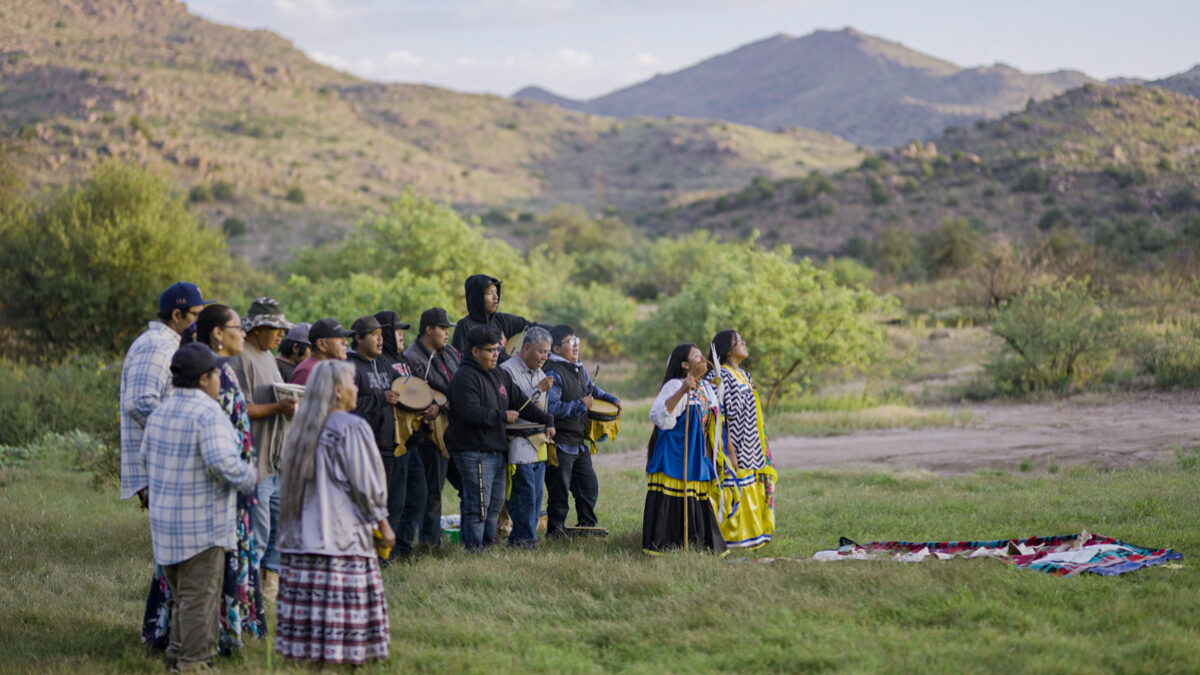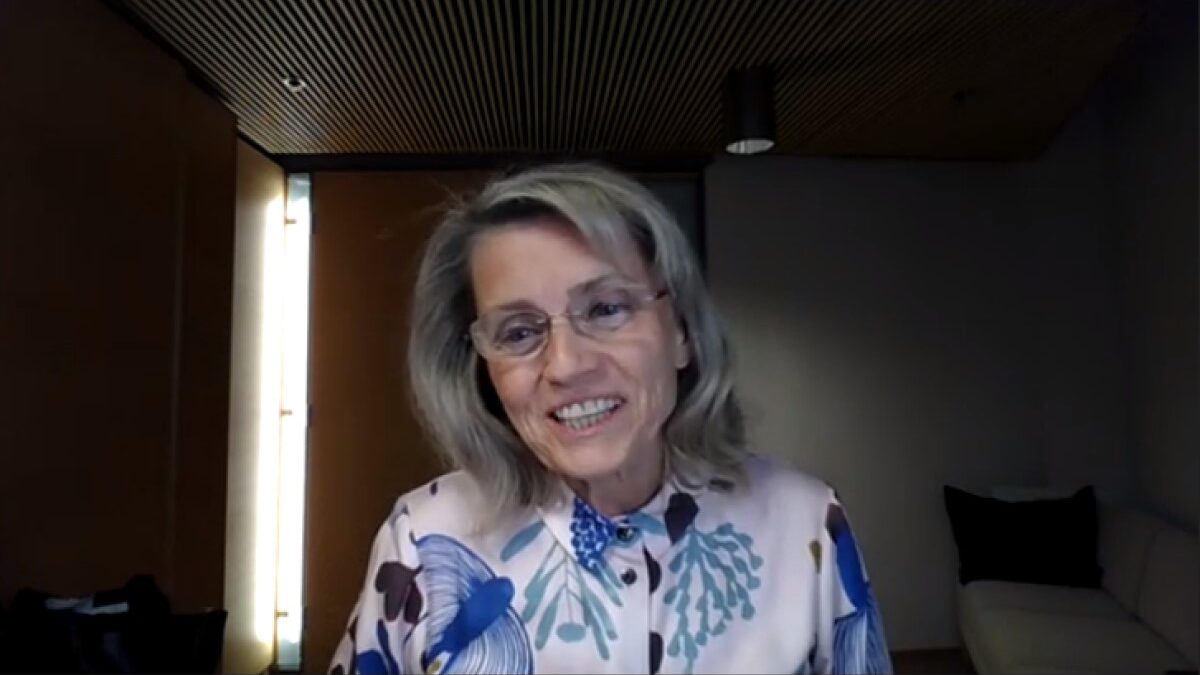
Yesterday, the Ninth Circuit Court of Appeals heard oral arguments about whether the federal government has the right to destroy an Indian worship site so that a foreign group can mine copper — even as the Biden administration has shut down other drilling projects across the country.
The worship site is Oak Flat, a 2,200-acre tract of land in Arizona’s Tonto National Forest where members of the Apache Indian tribe have gone to worship and conduct religious ceremonies for centuries. While the federal government has protected the sacred site since the Eisenhower administration, in 2014, the government transferred the land to a foreign-owned mining company Resolution Copper, which plans to obliterate the site by creating a 1,000-foot crater, due to a large copper deposit 7,000 feet below Oak Flat’s surface. Such a crater will destroy Oak Flat forever, rendering the Apache’s religious practices obsolete, insist the locals who are fighting the development.
In response to the land transfer, a group of Apache and other supporters of the tribe sued the government in federal court, arguing that the destruction of their worship site violates the Religious Freedom Restoration Act (RFRA) as well as an 1852 treaty that promised the United States would protect Apache land and secure the tribe’s permanent prosperity. After a trial court refused to halt the land transfer, counsel for the Becket Fund for Religious Liberty — a public interest law firm — filed an emergency appeal to the Ninth Circuit Court of Appeals. On June 24, 2022, the Ninth Circuit ruled that the land transfer did not substantially burden the Apache’s exercise of religion, and declined to protect Oak Flat. But in November 2022, the Ninth Circuit agreed to rehear the case “en banc,” or in front of the full court, on March 21.
According to Joe Davis, one of the Becket lawyers, there are two parts to the case. One is the question of whether or not there is a substantial burden on the religious practices of the Apache people. The second part is that if there is a substantial burden on religious practices, the government has to show why there is a compelling reason to oppose the burden.
“So far this case has been entirely about that first question: is it a substantial burden on the Apache’s religious exercise to completely destroy their site? And astonishingly, the government says, ‘No, that’s not a substantial burden on your religious exercise. I know we’re completely destroying your site. We’re making it impossible for you to ever worship there ever again, but that’s not a substantial burden,'” Davis told The Federalist. “If the government came in and destroyed a church or a mosque or synagogue, in this country, everybody would understand, ‘Of course that’s a substantial burden on the people that worship there.’ And the Apache’s sacred site deserves the same amount of respect.”
If the Ninth Circuit rules in the Apache’s favor, such a win would set a huge precedent for religious freedom protections under the First Amendment, especially as the Ninth Circuit deals with many religious freedom cases involving Native Americans because its jurisdiction covers the western U.S., Davis told The Federalist.
“But it’ll be an important precedent nationwide,” Davis said. “What the government is asking for is effectively a blank check to destroy any Native American sacred site without having to give any reason whatsoever, and if you expand their logic, they can destroy any religious site.”
It is quite telling that the federal government is all for trampling the religious freedom rights of the Apache to boost the bottom line of a foreign mining company — yet when American companies want to mine or drill, the Biden administration blocks their efforts over bogus environmental claims. That the federal government privileges the environmentalist lobby over First Amendment religious freedoms reveals its true priorities.
Even as President Biden finally gave the green light on the Willow Project — an oil drilling project on Alaska’s North Slope — he simultaneously barred the rest of the Arctic from new drilling indefinitely. Such a move is in line with Biden’s attempts to curb new oil drilling and expand the country’s green energy infrastructure — all at the expense of American oil and gas companies (and the American public).
Religious freedom is not a priority for the Biden administration. If it was, officials would have axed Resolution Copper’s plans to mine Oak Flat, just like they axed the Keystone XL Pipeline.









